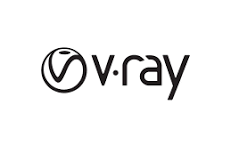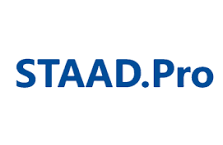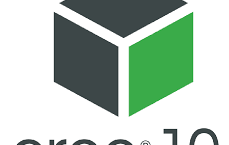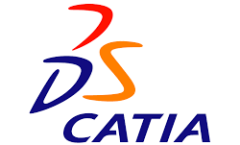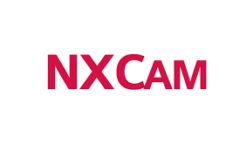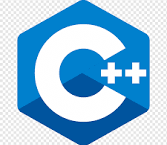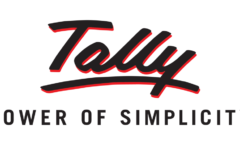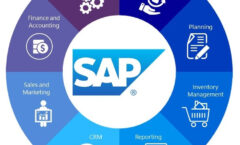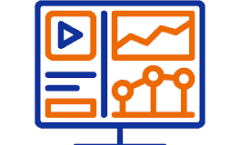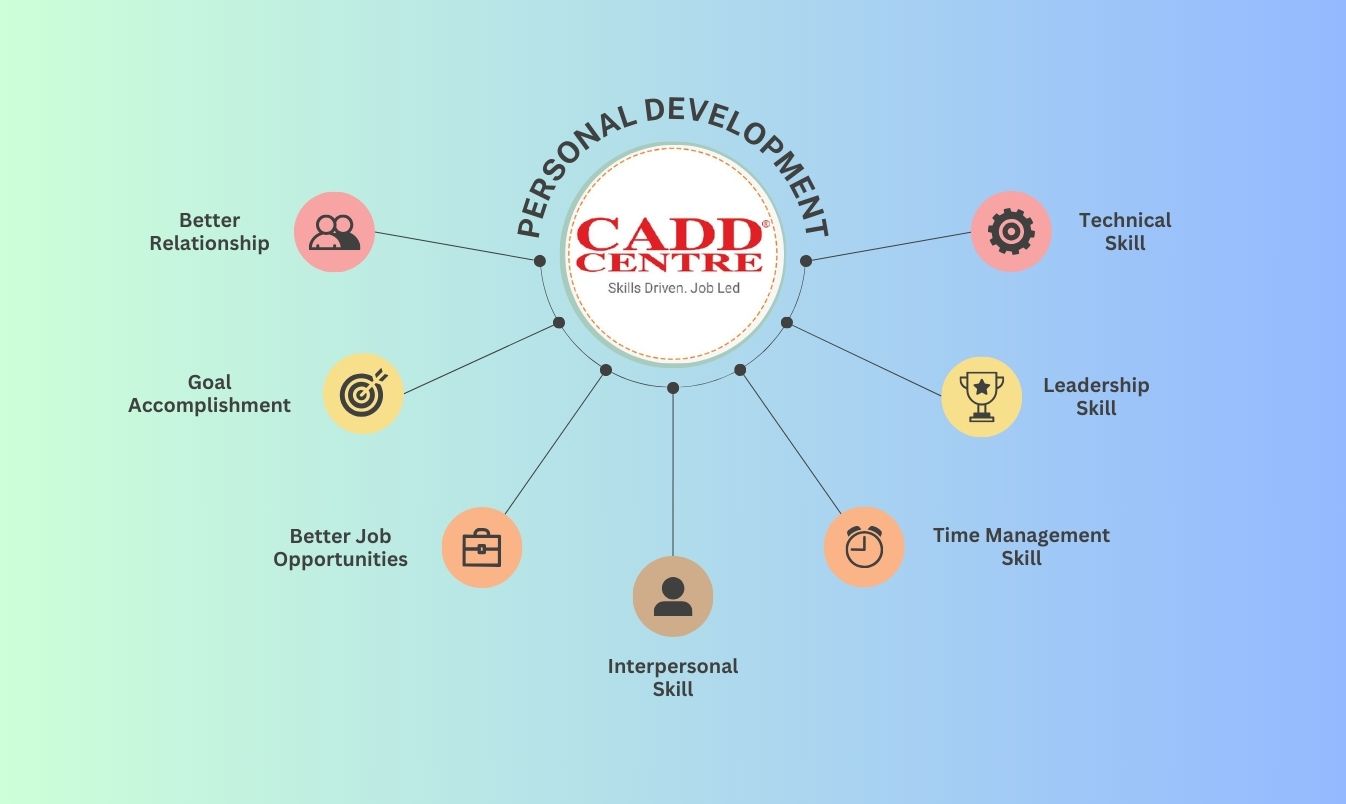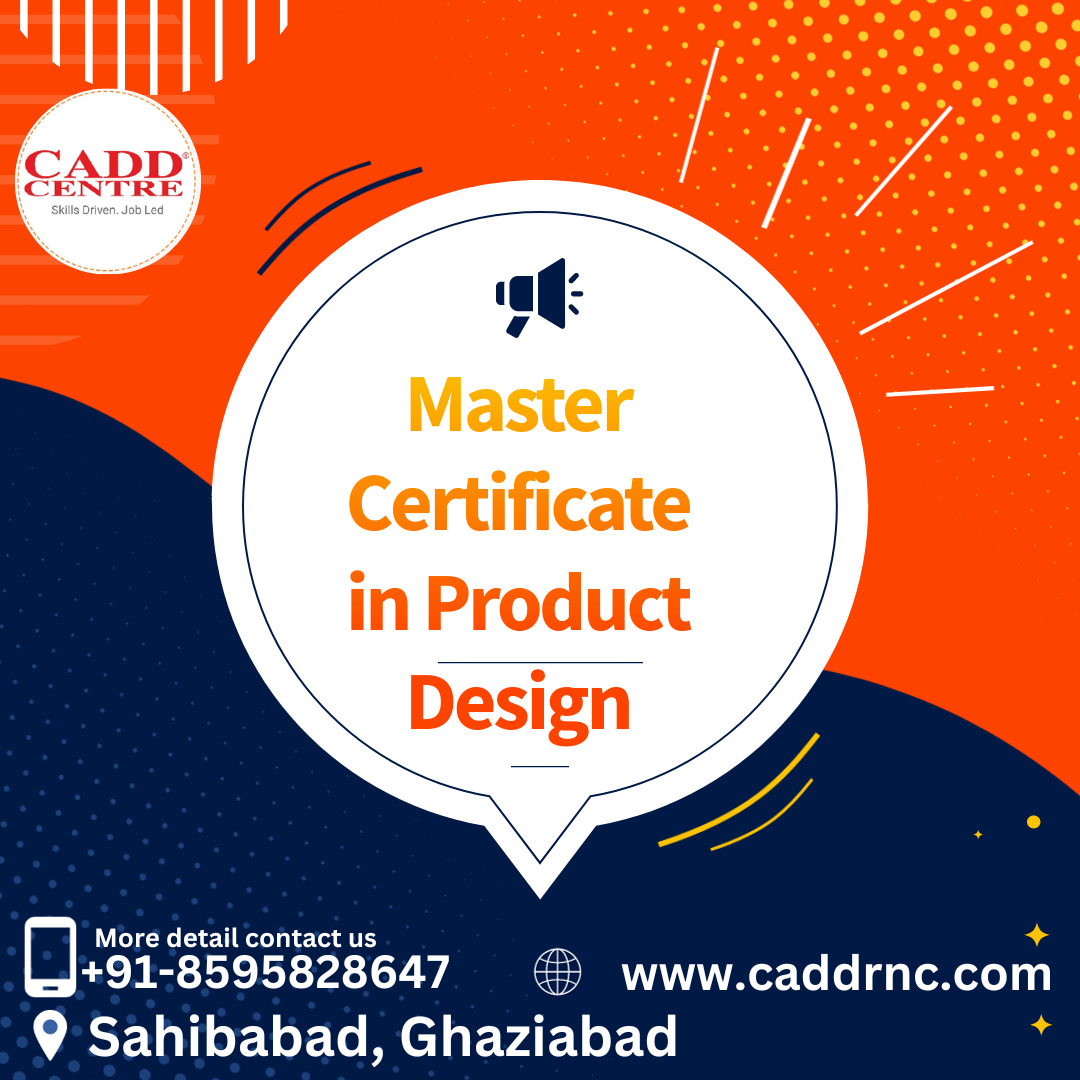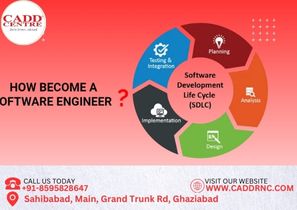
DIGITAL MARKETING TRAINING
We offer following two module of the course:
Proficient Course: 80 Hours
Essential Course: 40 Hours

Digital Marketing is the practice of promoting products, services, or brands using digital technologies, primarily on the internet, but also including mobile phones, display advertising, and other digital mediums. Digital marketing encompasses a wide range of strategies and tactics aimed at engaging with target audiences, driving traffic, and converting leads into customers.
Key Concepts in Digital Marketing
Search Engine Optimization (SEO)
- On-Page SEO: Optimizing individual web pages to rank higher in search engines, focusing on content quality, keywords, meta tags, and URL structure.Off-Page SEO: Building backlinks from other reputable websites, social signals, and online mentions to improve domain authority and search rankings.Technical SEO: Ensuring the website is technically sound, with fast loading speeds, mobile optimization, and secure (HTTPS) connections.
Content Marketing Content Creation: Developing high-quality, valuable content that attracts, informs, and engages your target audience.Content Strategy: Planning the types of content (blogs, videos, infographics, eBooks) that will be produced and how they will be distributed. Content Distribution: Sharing content through various channels such as social media, email newsletters, and content syndication platforms.
Social Media Marketing Platform Strategies: Utilizing different social media platforms (Facebook, Instagram, Twitter, LinkedIn, TikTok) to engage with audiences based on platform demographics and usage patterns. Paid Social Advertising: Running targeted ad campaigns on social media platforms to reach specific demographics and achieve marketing objectives. Community Management: Engaging with your audience through comments, messages, and social media posts to build relationships and brand loyalty.
Pay-Per-Click Advertising (PPC) Google Ads: Creating and managing search and display ad campaigns on Google, focusing on keyword bidding and ad placement. Social Media Ads: Running paid ad campaigns on platforms like Facebook, Instagram, and LinkedIn to drive traffic and conversions. Ad Optimization: Continuously monitoring and adjusting ad copy, targeting, and bidding strategies to maximize return on investment (ROI).
Email Marketing List Building: Growing and segmenting an email list to target different audience groups with tailored messages. Campaign Creation: Designing and writing email campaigns that provide value, promote products, and encourage engagement. Automation: Setting up automated email sequences for welcome emails, abandoned cart reminders, and follow-up communications.
Conversion Rate Optimization (CRO) Landing Page Design: Creating optimized landing pages that convert visitors into leads or customers through compelling offers and clear calls-to-action (CTAs). A/B Testing: Running tests on different elements of a webpage or campaign to determine which version performs better. User Experience (UX): Enhancing the overall user experience on your website to increase engagement and conversions. Analytics and Data-Driven Marketing Data-Driven Decisions: Using data insights to refine marketing strategies, target specific audiences, and optimize campaign performance.Google Analytics: Tracking and analyzing website traffic, user behavior, and conversion data to inform marketing strategies.Key Performance Indicators (KPIs): Identifying and measuring key metrics such as traffic, conversion rates, and ROI to gauge the effectiveness of marketing campaigns.
Affiliate Marketing Partnering with Affiliates: Collaborating with third-party affiliates to promote your products or services in exchange for a commission on sales or leads. Affiliate Networks: Joining networks that connect businesses with potential affiliates who can help drive traffic and sales. Tracking and Reporting: Monitoring affiliate performance and ensuring that commissions are accurately tracked and paid.
Influencer Marketing Identifying Influencers: Finding and partnering with social media influencers or industry leaders who align with your brand and can promote your products to their followers. Campaign Execution: Collaborating with influencers on content creation, product reviews, and sponsored posts to reach a broader audience. Measuring Impact: Tracking the reach, engagement, and conversions generated through influencer partnerships.
E-commerce Marketing Product Listings: Optimizing product descriptions, images, and SEO for online stores on platforms like Shopify, Amazon, and eBay. Shopping Ads: Running ads that appear directly in search engine results for products, leading to higher visibility and sales. Customer Retention: Implementing strategies to keep customers returning, such as loyalty programs, personalized offers, and email marketing.
Fill the Enquiry form and we will contact you shortly :
Start Your Professional Journey with following Courses
Architecture, Engineering and Construction>Masters Certificate In Architecture Design > Masters Certificate In Building Design > Masters Certificate in Interior Design > Masters Certificate in BIM > Expert Certificate in Architectural Design >Expert Certificate in Building Design >Expert Certificate in Interior design >Expert Certificate in BIM Production Design> Masters Certificate In Product Design >Masters Certificate In MEP Design > Expert Certificate in Product Design Information Technology > Python For Professionals >Java For Professionals >Robotic Design
Get in Touch
Address:Plot No.10, Above Burger King Restaurant, Near Metro Station, Sector-5 Rajendra Nagar Sahibabad, Ghaziabad, Uttar Pradesh 201005
Phone: +91-8595828647 , 9718824848
About Us
CADD Centre is a trusted institution, enriching the careers of over 2.5 million learners worldwide technical courses . CADD Centre Training Services having training experience of 30 year in the field of AutoCAD(2D&3D) , Revit Architecture ,3ds Max , SoildWorks, CATIA, Ansys, Creo, STADD.PRO, C, C++, Pyhton, JAVA, Robotics Design , SketchUP, NX CAD etc.
Recent Posts
-
🌟 Start Your Journey in Design and Analysis with CADD Centre! 🌟
🌟 Start Your Journey in Design and…
-
🌟 Bring Your Architectural Visions to Life! 🌟
✨ CASCOM 3D specializes in creating 3D-printed…





